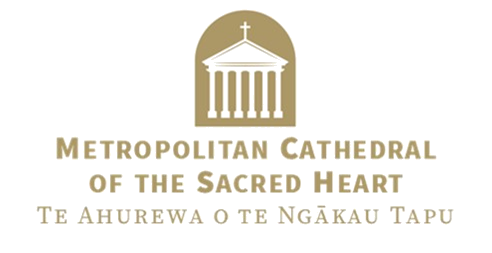PRAYER
In this week’s Gospel, our Lord is teaching us “about the need to pray continually and never lose heart”. (Lk 18:1). In his talk about prayer, Bishop Robert Barron defines prayer, through the primacy of grace, as God’s addressing of us. He cites Herbert McCabe (Dominican priest, theologian) in saying “Whatever is good and true and right in our prayer is the Holy Spirit already praying in us”. Bishop Barron further describes prayer as a conversation among friends – our friendship with God expressed in lively conversation.
In his talk, Bishop Barron makes the following recommendations:
First, take the time everyday to converse with God. Maybe first thing in the morning, or the last thing we do before going to bed – pray. In the first of a series of parish formation workshops on prayer, prayer was described as an act of dedication. We pray, dedicating ourselves to God saying “God, I need You”. That acknowledgement of needing God tells us we need to be conversing with Him – always.
Second, prayer is the act of finding the centre. Bishop Barron cites Thomas Merton saying “to pray is to find the place in you where you are here, and now, being created by God”.
Third, to pray is to speak to God with honesty. At the heart of prayer is a clear and honest communication letting God know about everything – your joy, your sorrow, your guilt, your sin, your pain, your confusion – everything.
Fourth, listen attentively. It’s a communication, a two-way conversation. We may not hear Him directly. But normally, God speaks in much more indirect ways. It might be through the scripture you are reading.
Lastly, silence in prayer. Bishop Barron cites St Theresa – silence gives rise to prayer, prayer gives rise to faith, faith gives rise to love, and love to service. Interestingly, it all starts with silence. Do we sit in silence, allowing God to speak in that space? Elijah heard God not in the roaring wind, nor in the fire, nor in the earthquake; but in the tiny whispering voice that can only be heard in silence. Bishop Barron continues with “when you have the good of God, a silent savouring of that good is key in prayer”.
Apart from all the good that prayer does for oneself, prayer, as well, allows us to be instruments of God’s grace and mercy to others. Prayer, as an act of supplication and cooperation, allows us to intercede for those who are in need. As much as we seek the intercession of saints and our Blessed Mother, we too can pray to God for the needs of others. I was blessed to be able to participate in a healing service just recently in Upper Hutt. And to be able to pray with those who were seeking healing, among other things, is truly a privilege and a blessing.
Randy Reyes – Pastoral Council Chair



